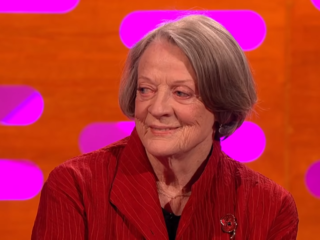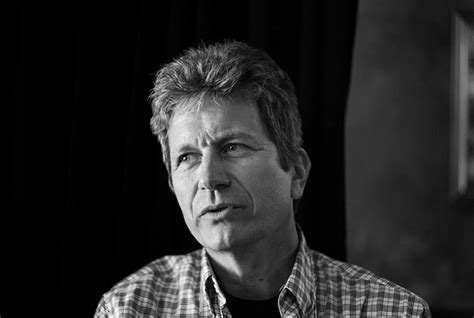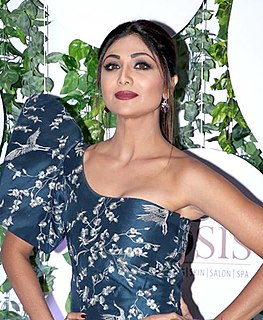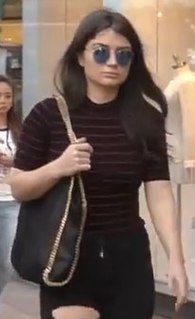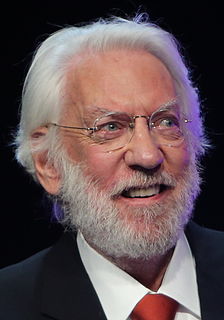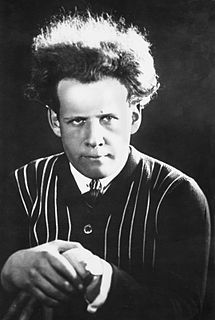A Quote by Maggie Smith
If someone is going to talk about the process of making a film, it should be the director.
Related Quotes
If you are able to see on a monitor what it's actually going to look like and have that kind of feedback informing your decisions, then you're bringing back a lot of the decision-making process of the designer, the director of photography and the director away from the post-production process and bringing it back into the actual capturing of the event on film.
Before writing a single note of music, and even before the spotting session, I find it best to sit down with the director and just listen to him or her talk about the film - what they're trying to say, what they want the audience to understand or believe, and a thousand other similar questions. The director has most likely been living with the film for years before a composer is attached, and so the director's inclinations, desires, and understanding of the film are paramount.
I visualise what I want through meditation. The process of meditating is a great way of making sure I have my priorities sorted. It's not about money - I focus on my career and the kind of film projects I want to do. Film-making is a passion for me, and my mantra is that you should do what you love, and the money will follow.
During the entire process of making this film I never thought about whom I was making it for. I always thought that the film was for me, but I didn't think of any of that. I just did what I thought I had to do. I didn't think, "This is what children are going to think" or "This is what adults will understand."
My tutor was a film director on the side, and she introduced me to film. She then put me in one of her short films, and it came out of that. That's when I fell in love with the process of making a film. After that, I was about 15 and I was like, "This is what I've gotta do." So, I started taking acting lessons, and then I applied to college to do acting. I got an agent, and it all just happened.
I thought, "Oh, my god, that's what happens every time I talk with a journalist in the middle of shooting and I talk about my character. I describe him, I objectify him, and I kill him." So, I've never spoken with a journalist in the middle of a film. I don't do the EPK until the very end of a film. I can't talk about Kiefer's process, but what he brings to the table is beautiful.
It does not feel any different being directed by a first-timer as long as I am convinced that the director is passionate about the film he or she is making. If you get a sense of their vision for the film and their aesthetics of your performance, then it does not matter whether you work with a new or an experienced director.
I was interested in immigration and I wanted to use that in the film, not necessarily to talk about immigrants, although I wanted to do that, but to talk about ourselves through the eyes of an immigrant. The film takes place in the school and it tells us a little bit about who we are and where we're at, but through the eyes of someone who has a different background.
I don't come from a film background. I haven't learned anything about films or film-making. But I have a thirst to know everything about my profession. I want to learn about cinematography, about editing, about music recordings, about post-production. So when people in the know talk, I willingly listen.
